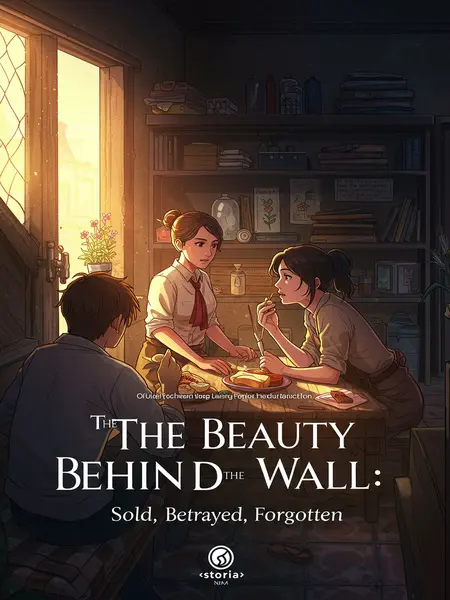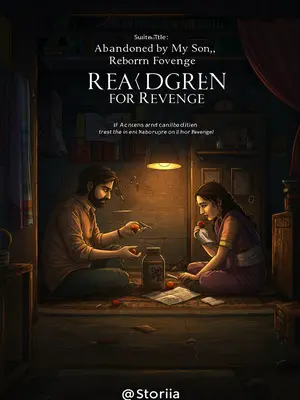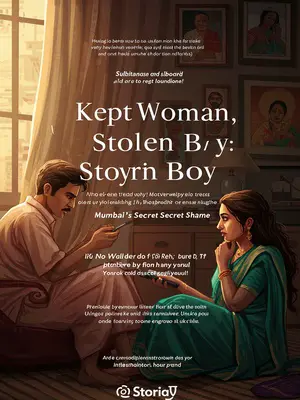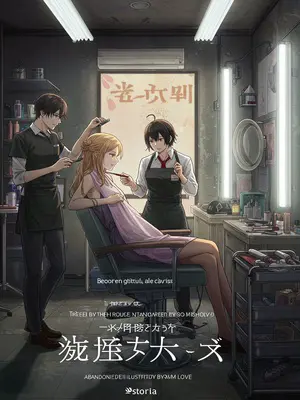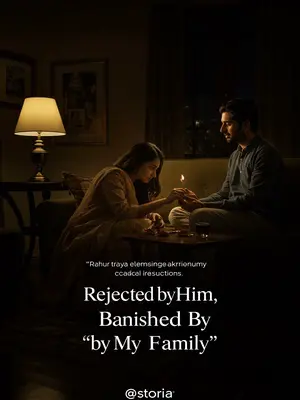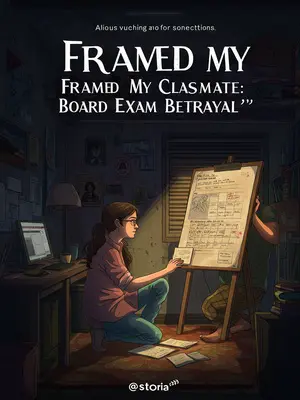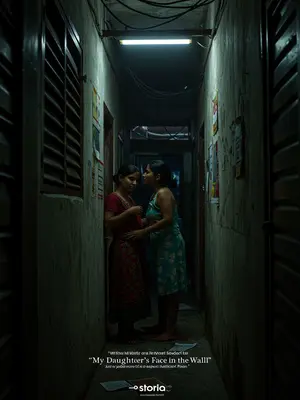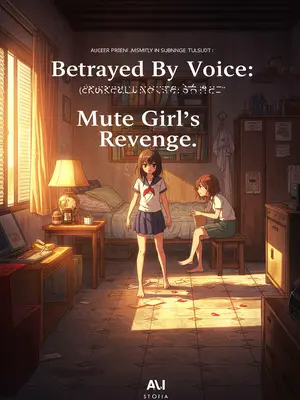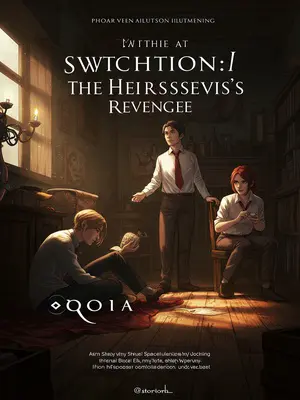Chapter 12: Closure and New Beginnings
The next day, Harish’s Matka Kitchen put up a notice: “Closed for family reasons.” A moving truck parked downstairs, several workers went into Harish Bhaiya’s home and moved out big bags and boxes—including that freezer. Harish Bhaiya just disappeared like that. No one asked where he went, no one asked why he didn’t take his wife.
People in the colony barely glanced up from their morning tea. In India, tragedy is always someone else’s business. By noon, the truck had gone, and Harish Bhaiya was a ghost.
Life returned to calm, faster than I expected. Sometimes people are like this—no matter how big something is, once it’s over, it’s over. Harish Bhaiya’s shop began new renovations, the matka sign was taken down, hauled away with construction waste, and the sound of crackers announced the opening of a biryani restaurant.
New faces came and went, laughter returned to the street. Nobody remembered Meera, not even as a rumour. The world moved on, as it always does.
Ritu asked me about the proposal several times. She was no longer as understanding as before. Knowing I couldn’t come up with 1,88,000, she still kept urging me to give her brother an answer.
Her messages grew shorter, more insistent. “So, what should I tell bhaiya? When will you come?” I tried to dodge the questions, but she wouldn’t let up.
Thinking about living in a house surrounded by the stench of kachra, thinking about how a life is just a matter of two or three knife swings, thinking about how even kindness and marriage can’t compare to a 6,000-rupee transaction, I suddenly felt that love was nothing but money and betrayal.
The world seemed rotten, full of lies. The very idea of love made me sick. I saw only two things: money and pain.
I broke up with Ritu. She got very angry, and we had a big fight. She called me a scumbag and stormed out.
We shouted at each other in the stairwell, neighbours peeking through their doors. She called me names, threw my old gaming mouse at my head, and stormed off, slamming the door so hard the paint cracked. “Haan, wohi ladka hai, gaming-wala,” I heard an aunty whisper into her phone as she peeked out.
It was my first breakup. I had no dignity, but I never hurt her. She could still marry her true love as a virgin, which was some comfort.
In our world, a woman’s reputation is all she has. I was glad I hadn’t taken anything from her she couldn’t get back.
I muddled through a week, never expecting Ritu would contact me again. She apologised, said she was immature and didn’t cherish our relationship. She said she’d told her family, and they agreed—no dowry, no house or car needed, as long as I treated her well, we could get married. Marriage, even without a banquet, was fine.
Her message was simple. “I just want you, nothing else. Mummy Papa agreed. Let’s get married—no dowry, nothing. Please.” For the first time, I believed her.
She insisted on seeing me. I softened—after all, she was my first love. As soon as we met, she threw herself into my arms, asked me to kiss her, said she didn’t want to live alone anymore, too lonely, wanted to live with me.
She clung to me, tears in her eyes. Her words tumbled out, full of longing and regret. I held her, my own eyes wet. For a moment, all the pain melted away.
Seeing her small and helpless, I gave in. That night, we had sex.
It was awkward and sweet. Afterwards, she curled up against me, whispering, “Bas, now you can’t leave me.” I promised her I never would.
I entrusted the flat to an agent to sublet, used all my savings to buy cigarettes and alcohol, and went with Ritu to meet her parents. The whole process was smooth. Her parents didn’t ask for anything and agreed to our marriage. Ritu was like a shy hibiscus, never daring to look up at me. Didn’t see her brother at home—said he was working in a coastal city. Maybe that was for the best, at least one less person to nitpick.
Her mother made chai, her father nodded and grunted approval. Ritu’s cheeks glowed with happiness. I didn’t see her brother, and for that I was grateful.
Afterwards, we went back to my hometown. My parents were very happy to see Ritu, said she was plump and would surely give birth to a big healthy boy.
My mother did a small puja, tied a red thread on Ritu’s wrist, and beamed at me as if I’d finally proved myself.
A month later, we got married—at an age when I had achieved nothing, but love had finally come to fruition.
The wedding was simple: a mandap in our backyard, the priest chanting mantras, Ritu in a red saree, my parents weeping with joy. We shared laddoos with the whole village, and for the first time, I felt truly lucky.
